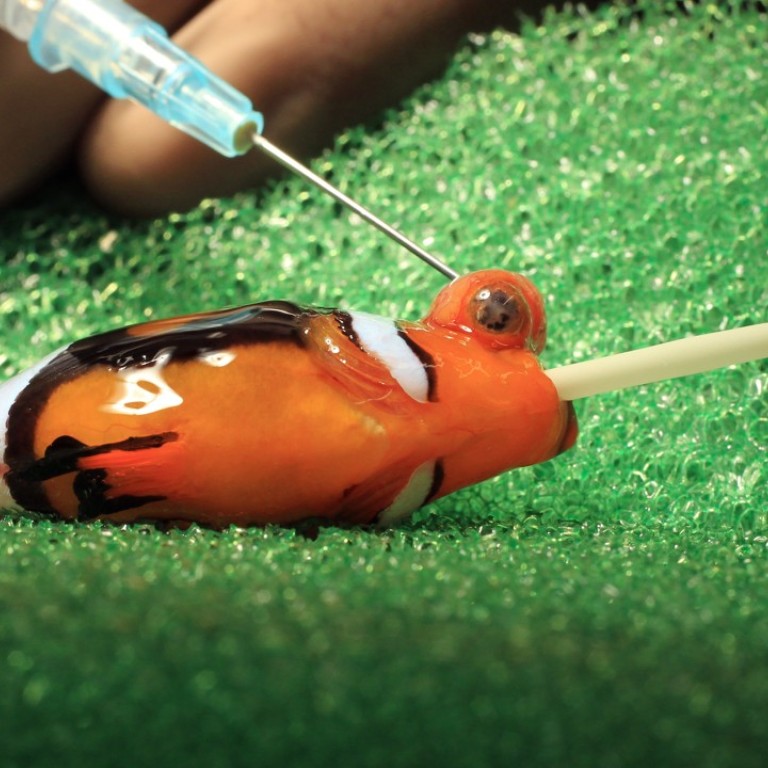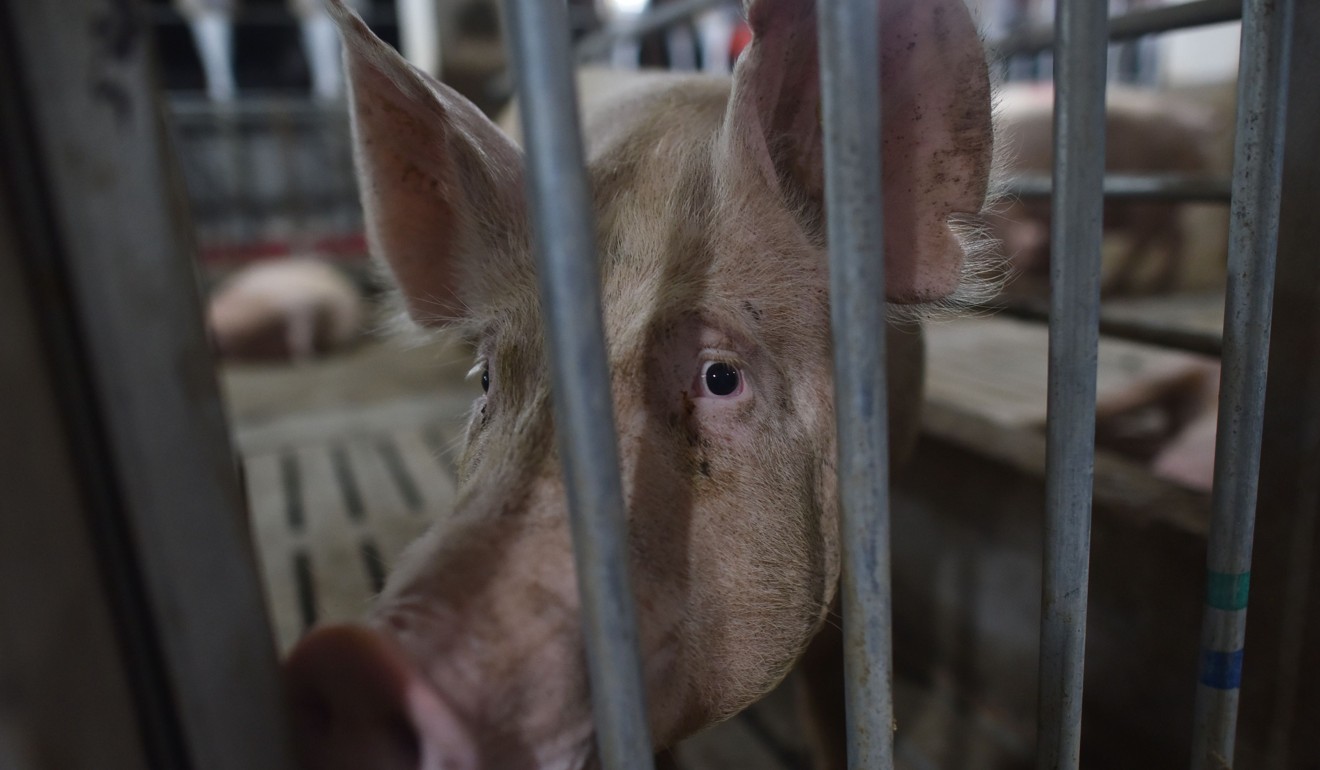
City University veterinary college is committed to Hong Kong’s public health mission and ‘One Health’ concept
The curriculum, carefully designed over a period of two years, in conjunction with our colleagues at Cornell University’s College of Veterinary Medicine, devotes a lot more space to subjects in our four core themes: food safety, animal welfare, emerging infectious diseases and aquatic veterinary medicine. We also sensitise the students to their important future contribution to public health early on in the course roll-out, and before students enter the clinical years and commence their veterinary medicine and surgery training.
It will also be pertinent for your readers to know that in our hiring of faculty thus far we have been true to our mission; none of them would profess to be a specialist in small animal medicine or surgery. Thus far we have newly recruited specialists in animal welfare, aquatic veterinary medicine, emerging infectious diseases and food safety, the latter being also a speciality of mine, the dean of this college.

There can be no compromise on food safety
In terms of research, our team is already getting ready with efforts to tackle the threat posed by antimicrobial resistance, a top Hong Kong government priority, and is planning on providing a clinical service to the fish, pig and poultry production sector, as well as willing to make a contribution to food safety in the city.
Prof Michael P Reichel, dean and chair professor, Jockey Club College of Veterinary Medicine and Life Sciences

